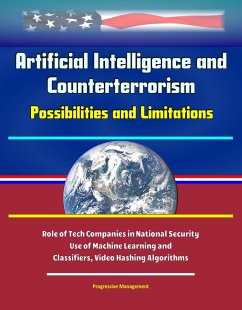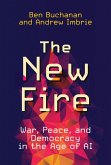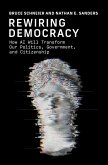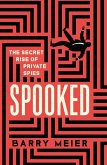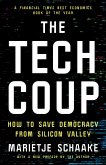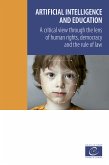We take down 99 percent of content, hundreds of thousands, millions of pieces of content due to our superior AI platforms. But nonetheless, though, we have seen egregious problems with counterterrorist screening on social media platforms. On March 15, a white supremacist extremist opened up fire at two mosques in Christchurch, New Zealand, killing 51 people and wounding 49 more. Shockingly, the terrorist was able to live stream the attack on Facebook because Facebook's AI did not deem the footage gruesome enough. They had never seen it before. The video was then uploaded to Facebook by other users, and 300,000 of these attempts made it through, proving that their technology is not yet up to the task. In fact, instead of preventing terrorist content from spreading, the Associated Press recently reported that Facebook's AI was making videos of and promoting the terrorist content it should have been removing."
Witnesses before the hearing: Statement of Alex Stamos, Adjunct Professor, Freeman Spogli Institute, Program Director, Stanford Internet Observatory, Encina Hall; Statement of Ben Buchanan, Assistant Teaching Professor, Georgetown University, Senior Faculty Fellow, Center For Security And Emerging Technology, Mortara Center; Statement of Julian Sanchez, Senior Fellow, Cato Institute.
This compilation includes a reproduction of the 2019 Worldwide Threat Assessment of the U.S. Intelligence Community.
Dieser Download kann aus rechtlichen Gründen nur mit Rechnungsadresse in A, B, CY, CZ, D, DK, EW, E, FIN, F, GR, H, IRL, I, LT, L, LR, M, NL, PL, P, R, S, SLO, SK ausgeliefert werden.

